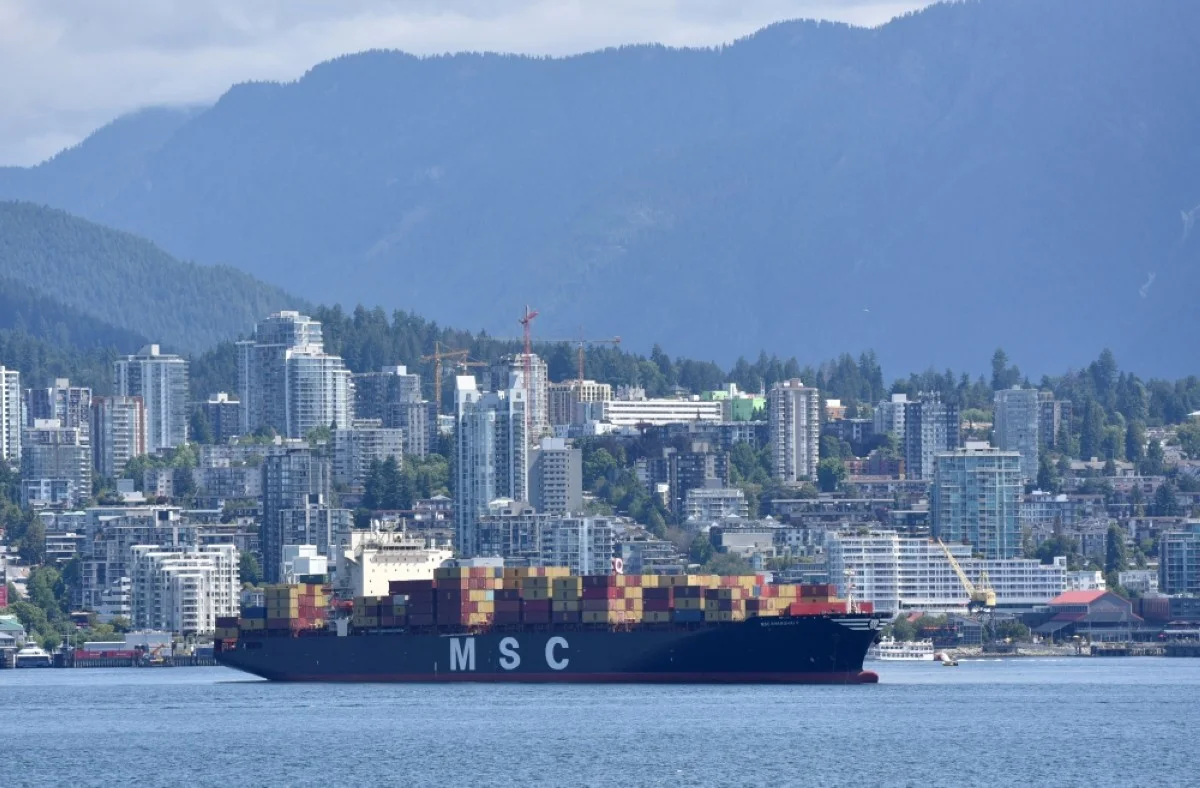OTTAWA: The government of Canadian Prime Minister Justin Trudeau on Tuesday unveiled a federal budget that seeks to woo young voters while asking the wealthy to pay higher taxes. Trailing his main rival, conservative leader Pierre Poilievre, by more than 10 points, Trudeau must rally support from the millennials and Gen Z voters who propelled him to power in 2015 in order to win elections expected next year.
At the same time, Finance Minister Chrystia Freeland has promised not to swell the nation’s budget deficit while doling out tens of billions of dollars in additional social spending to help ease concerns about rising costs of living. Most of the new spending is directed at education, housing and jobs - all pressure points for young voters. “For too many younger Canadians, particularly millennials and Gen Z, it feels like their hard work isn’t paying off,” Freeland said in the budget document. “They’re not getting the same deal their parents and grandparents did,” she said, adding: “We must restore a fair chance for millennials and Gen Z.”
New homes, rent subsidies
Specifically, millennials and so-called Zoomers could benefit from extended student grants and loans, rent subsidies, a boost to work placement and summer jobs programs, a new youth mental health fund, and hep improving their coding skills. The Liberal government also pledged amid a housing crunch to build an additional 3.87 million new homes by 2031 “at a pace and scale not seen since after the Second World War,” Freeland said.
To do this, Ottawa will open up public lands for housing, convert federal offices to apartments, tax vacant properties and scale up modular housing. New home prices fell slightly in March but not enough to offset a jump in mortgage interest costs that has sidelined many would-be first-time buyers. Inflation came down from a recent high to 2.9 percent in the month, but it is still too high to bring relief in interest rates set by the Bank of Canada.
Nevertheless, Canada is expecting a “soft landing” this year and will avoid a recession due to slightly improved growth despite relatively high interest rates weighing on the economy, the budget said. Economists surveyed by the government “expect the economy to avoid a recession,” it said, forecasting growth of 0.7 percent this year and 1.9 percent in 2025 - compared to 0.5 percent and 2.2 percent forecast in a November economic statement.
To help offset the boost in social spending, the budget calls for increased capital gains taxes on the wealthiest Canadians. “Today, it is possible for a carpenter or a nurse to pay tax at a higher marginal rate than a multi-millionaire,” Freeland told lawmakers. “That isn’t fair.” Small businesses meanwhile will gain a carbon tax rebate, and funds were made available for artificial intelligence research and startups.
Ahead of an expected catastrophic summer wildfire season, Ottawa is also doubling a volunteer firefighter tax credit. In the budget, funding was also earmarked for a national school food program, free contraceptives for women, enhancing Canada’s spy agency capabilities to combat foreign interference, more foreign aid, and restoring roads to remote Indigenous communities damaged by climate change.
Freeland reported in the budget that the national debt will increase slightly to a new record high of Can$1.3 trillion in fiscal 2024-2025. Canada’s debt-to-GDP ratio is expected to fall to 41.9 percent. The deficit, meanwhile, is expected to come in a bit lower than originally expected to Can$39.8 billion, and remain stable before starting to fall in 2026-2027.
Inflation ticks higher
Inflation in Canada rose to 2.9 percent in March led by higher gasoline prices, the government statistical agency said Tuesday. The 0.1 percentage point increase from 2.8 percent the previous month was largely expected after consumer inflation in the United States - Canada’s neighbor and biggest trading partner - accelerated last week. Rising costs of living are proving to be the biggest obstacle to both Canadian Prime Minister Justin Trudeau and US President Joe Biden’s re-election hopes.
Biden is facing Donald Trump in a tight race to a November ballot while Trudeau trails his main rival, Conservative leader Pierre Poilievre, by more than 10 points in public opinion polls with an election looming in 2025. Trudeau’s Liberal government is to unveil its 2024 budget later in the day with tens of billions of dollars in new spending aimed at helping to ease the impacts of rising prices - notably for homes - on Canadians. Political pundits have said interest rates and prices overall must come down in the coming 18 months if Trudeau is to have any chance of convincing voters to continue supporting his minority government.
According to Statistics Canada, year over year gasoline prices increased 4.5 percent in March, following an 0.8 percent rise in February. New home prices fell slightly in the month but not enough to offset a jump in mortgage interest costs. Rents were up too, along with air transportation, clothing and footwear, and passenger vehicle insurance premiums. Telephone and Internet services, as well as natural gas prices, meanwhile, fell. - AFP











